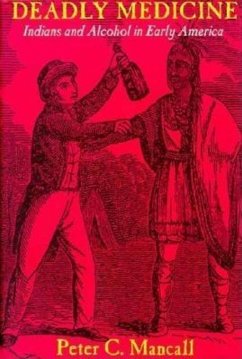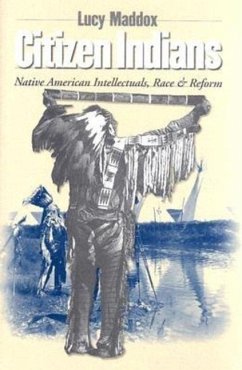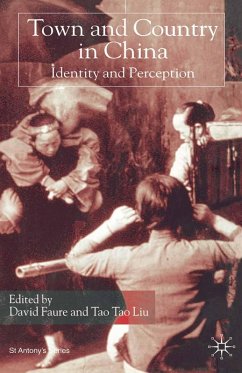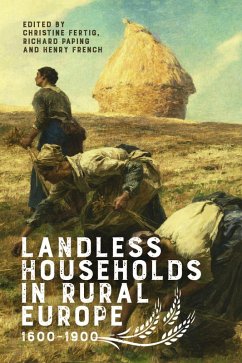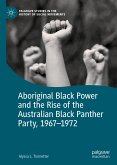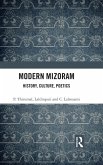"An important work of scholarship, with powerful, concise, and objective insights into the complicated history of alcohol use among Native American peoples. Impeccably researched, cogently argued and clearly written, Peter Mancall's book is both an eye-opener for the lay reader and an invaluable resource for the expert."- Michael Dorris, author of The Broken Cord: A Family's Ongoing Struggle with Fetal Alcohol Syndrome
Alcohol abuse has killed and impoverished American Indians since the seventeenth century, when European settlers began trading rum for furs. In the first book to probe the origins of this ongoing social crisis, Peter C. Mancall explores the liquor trade's devastating impact on the Indian communities of colonial America.
Mancall recounts how English settlers quickly found a market for alcohol among the Indians, and traffic in rum became a prominent source of revenue for the British Empire. In spite of the colonists' growing awareness that some Indians abused alcohol and that drinking threatened the stability of countless Indian villages already decimated by European diseases, they expanded the liquor trade into virtually every Indian community from the Atlantic to the Mississippi. In response, Indians created one of the most important temperance movements in American history, a movement that was nevertheless unable to halt the lucrative commerce.
The author follows the trail of rum from the West Indian producers to the colonial distributors and on to the Indian consumers in the eastern woodlands. To discover why Indians participated in the trade and why they experienced such a powerful desire for alcohol, he addresses current medical views on alcoholism and reexamines the colonial era as a time when Indians were forming new strategies for survival in a world that had been radically changed. Finally, Mancall compares Indian drinking in New France and New Spain with that in the British colonies.
Forever shattering the stereotype of the drunken Indian, Mancall offers a powerful indictment of English participation in the liquor trade and a new awareness or the trade's tragic cost for the American Indians.
Alcohol abuse has killed and impoverished American Indians since the seventeenth century, when European settlers began trading rum for furs. In the first book to probe the origins of this ongoing social crisis, Peter C. Mancall explores the liquor trade's devastating impact on the Indian communities of colonial America.
Mancall recounts how English settlers quickly found a market for alcohol among the Indians, and traffic in rum became a prominent source of revenue for the British Empire. In spite of the colonists' growing awareness that some Indians abused alcohol and that drinking threatened the stability of countless Indian villages already decimated by European diseases, they expanded the liquor trade into virtually every Indian community from the Atlantic to the Mississippi. In response, Indians created one of the most important temperance movements in American history, a movement that was nevertheless unable to halt the lucrative commerce.
The author follows the trail of rum from the West Indian producers to the colonial distributors and on to the Indian consumers in the eastern woodlands. To discover why Indians participated in the trade and why they experienced such a powerful desire for alcohol, he addresses current medical views on alcoholism and reexamines the colonial era as a time when Indians were forming new strategies for survival in a world that had been radically changed. Finally, Mancall compares Indian drinking in New France and New Spain with that in the British colonies.
Forever shattering the stereotype of the drunken Indian, Mancall offers a powerful indictment of English participation in the liquor trade and a new awareness or the trade's tragic cost for the American Indians.
Dieser Download kann aus rechtlichen Gründen nur mit Rechnungsadresse in A, D ausgeliefert werden.

